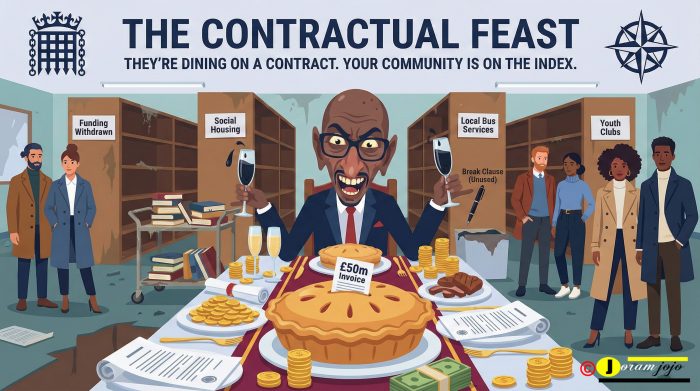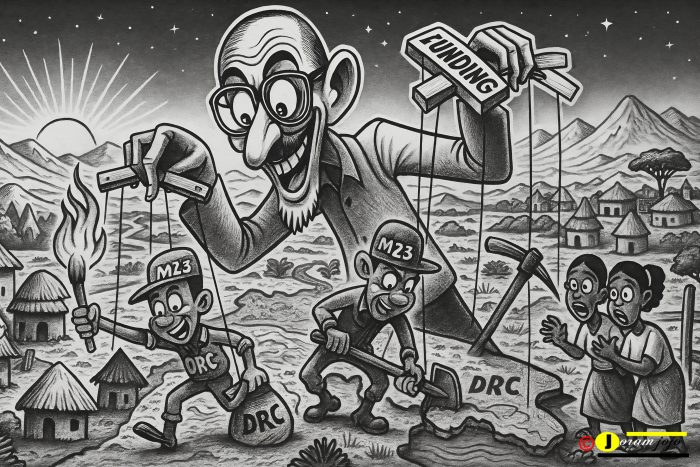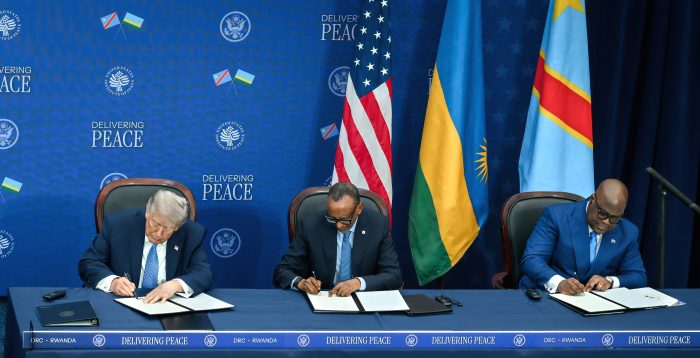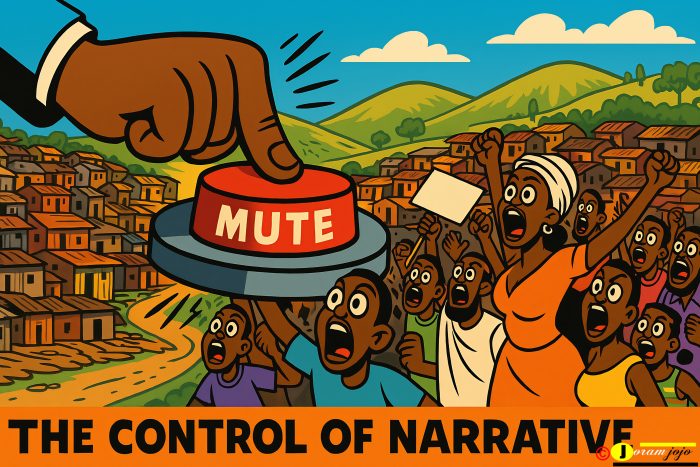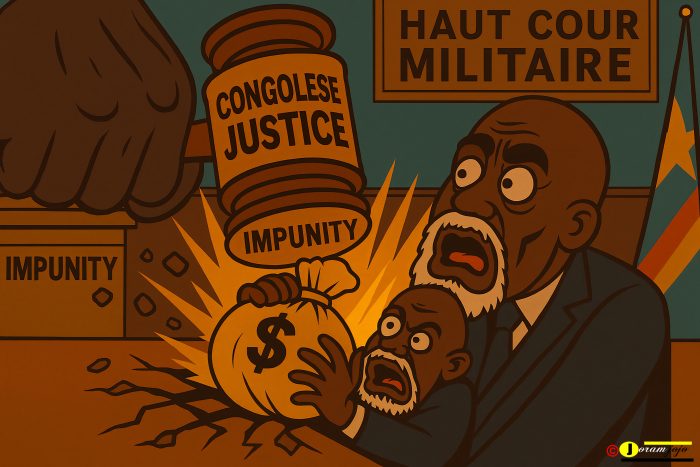Social struggles refer to the challenges and conflicts that individuals and groups face within society. These struggles often arise from inequalities, discrimination, and various forms of social injustice. Here are some key social struggles:
Economic Inequality
Income Disparity: The gap between the rich and the poor continues to widen in many countries, leading to social tension and limited opportunities for the less affluent.
Poverty: Many people face the daily struggle of living impoverished, lacking access to necessities such as food, shelter, and healthcare.
Racial and Ethnic Discrimination
Systemic Racism: Racial and ethnic minorities regularly experience discrimination and unequal treatment in areas such as employment, education, and the criminal justice system.
Cultural Marginalization: Indigenous and minority cultures may face efforts to suppress or erase their heritage and traditions.
Gender Inequality
Gender Pay Gap: Women frequently earn less than men for performing the same work, reflecting ongoing gender discrimination.
Violence and Harassment: Gender-based violence and harassment remain significant issues, impacting the safety and well-being of women and non-binary individuals.
Access to Education
Educational Disparities: Inequities in the education system can limit access to quality education for certain groups, perpetuating cycles of poverty and disadvantage.
Literacy and Schooling: In some regions, children, particularly girls, may not have the opportunity to attend school and achieve literacy.
Healthcare Inequality
Healthcare Access: Disparities in access to healthcare can lead to significant differences in health outcomes based on income, location, and social status.
Mental Health: Stigma and lack of resources for mental health care can prevent individuals from receiving the support they need.
Disability Rights
Accessibility: People with disabilities often face barriers to accessibility in public spaces, transportation, and employment.
Inclusion: Efforts to include individuals with disabilities in all aspects of society are still ongoing and require more attention and resources.
Environmental Justice
Pollution and Health: Marginalized communities are regularly disproportionately affected by environmental hazards, such as pollution and toxic waste.
Climate Change: Vulnerable populations may lack the resources to adapt to the impacts of climate change, exacerbating existing inequalities.
Addressing these social struggles requires collective action, policy changes, and a commitment to creating a more equitable and just society. Raising awareness, advocating for marginalized groups, and supporting initiatives that promote equality are essential steps toward overcoming these challenges.

